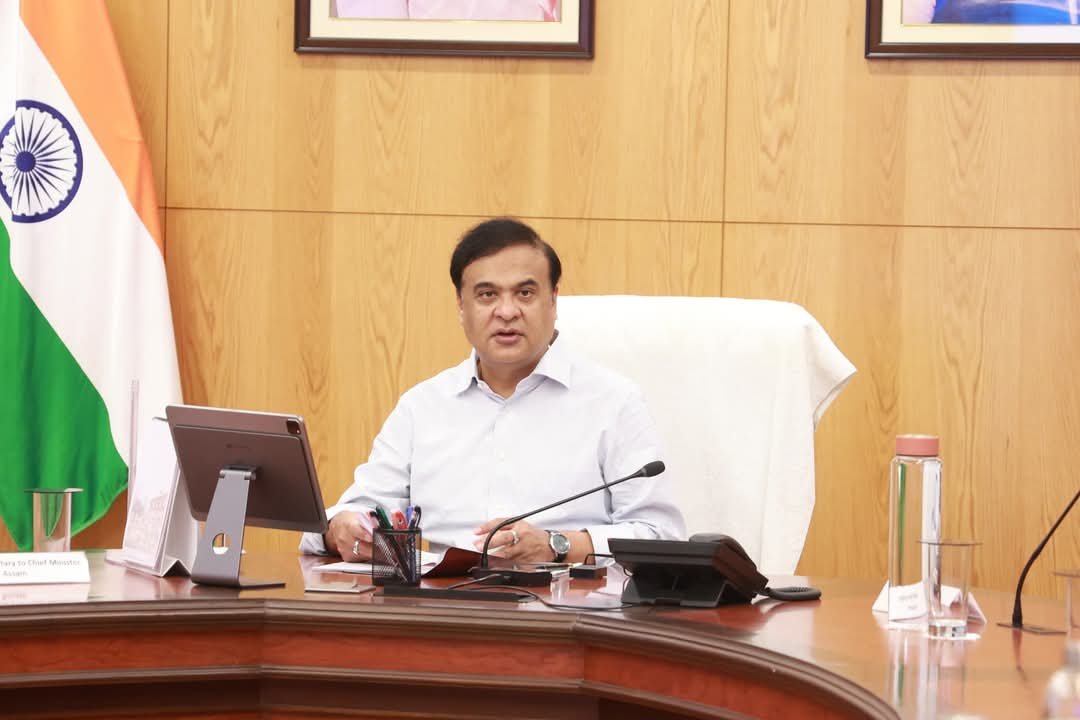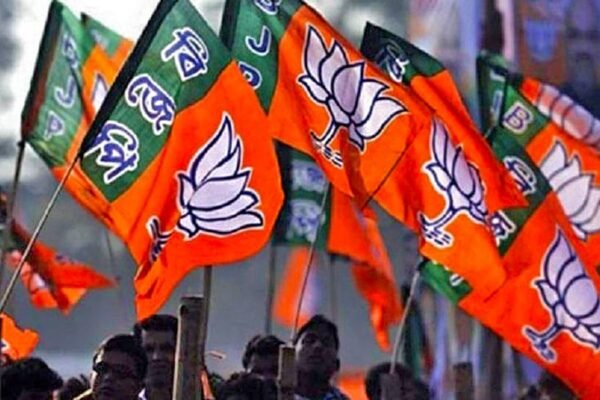Guwahati, May 12: Assam Chief Minister Himanta Biswa Sarma on Sunday said that India’s political leadership failed to secure long-term strategic advantages following the country’s military victory in the 1971 Bangladesh Liberation War.
In a series of posts on social media platform X, Sarma said that while Indian armed forces achieved a historic and decisive battlefield victory, the political leadership did not capitalise on the opportunity to safeguard key national interests.
“India’s 1971 military victory was decisive and historic. It broke Pakistan in two and gave birth to Bangladesh. But while our soldiers delivered a stunning battlefield success, India’s political leadership failed to secure lasting strategic gains,” he wrote.
Sarma noted that India had supported the creation of a secular Bangladesh, but the country declared Islam as its state religion in 1988. He said this shift contradicted the values India stood for during the war. He also pointed to the declining Hindu population in Bangladesh—from 20% to below 8%—which he attributed to ongoing discrimination and violence.
The Chief Minister highlighted strategic gaps left unaddressed after the war, including the vulnerability of the Siliguri Corridor, the absence of access to Chittagong Port, and the lack of a formal agreement to address illegal migration from Bangladesh.
“Despite military dominance, India failed to resolve the vulnerability of the Siliguri Corridor. A secure land corridor through northern Bangladesh could have integrated the Northeast but no such arrangement was pursued,” Sarma said.
He also stated that no agreement was made to ensure the return of illegal migrants, leading to unchecked demographic changes in Assam, Bengal, and the Northeast, which have caused social unrest and political instability.
Sarma added that for decades, insurgent groups exploited the absence of strategic arrangements by using Bangladeshi territory as a base, further affecting internal security.
Concluding his remarks, he said the 1971 victory was a missed opportunity. “India’s military triumph in 1971 was not matched by strategic foresight. What could have been a new regional order was reduced to a one-sided act of generosity,” Sarma said. He added that had former Prime Minister Indira Gandhi been alive today, her leadership during the post-war period would have faced serious public scrutiny.









